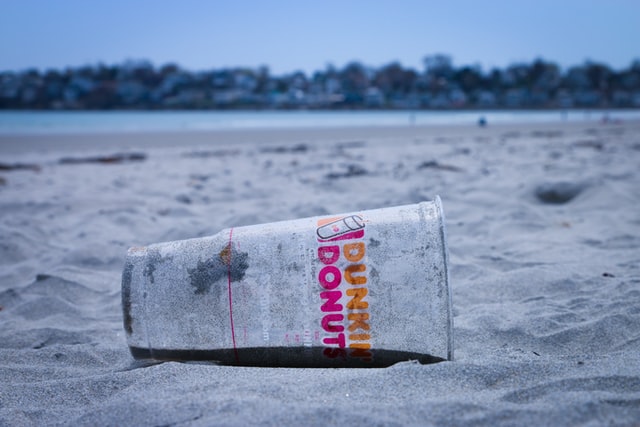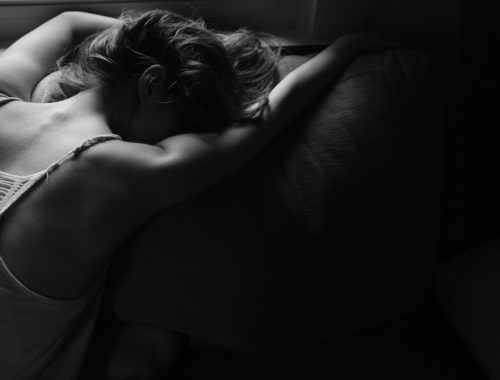
Plastic Heroes
I love the ocean , I like to think that I am only here for a short time and will return to the ocean, my utopia.
I am sure, I must have been a mermaid in my previous life, or maybe one of the sea princesses of Hans Cristian Andersen’s fairy tales. Oceans have high intelligent animals, so intelligent that there is debate whether to call whales and dolphins persons not animals. Dr Diana Reiss in her book “ Dolphin in the mirror “ says that she found in dolphins the ability to express both positive and negative emotions displaying self-consciousness and personality which make them likely candidates to be called persons.
I can vouch that most of us love nature, wouldn’t intentionally destroy nature, but that is what we are doing with the increased consumerism, especially with our increased waste production.
What do you feel when I say that,
1.Personal consumption of plastic bags per person per year is 500-700 plastic bags. The worldwide web uses an estimated 1 trillion plastic bags per year, nearly 2 million a year.
2.70-90% of marine debris is plastic.
3.The cumulative global plastic production increased exponentially and is predicted to reach 18 billion of tons compared to 6 billion tons in 2010
Plastic is not just bad for the marine animals and birds.
The ocean is the world’s largest source of protein. More than 2.5 billion people depend on the ocean as their primary source of protein. Plastic is bad for humans too. Popular science journal reported that by examining fish slaughtered for human consumption tiny plastic pieces/microplastics were found in 25% of fish sold. Toxins are attached to microplastics. When animals eat toxin coated plastic they bioaccumulate around fatty tissue around vital organs. Plastic is endocrine disruptors too.
The ocean , houses 95% of life and what ever happens to the ocean happens to us.
Flag bearers to the ocean’s health is the apex predators and we are losing one million apex predators to plastic.
In Midway island – a tiny outpost in the middle of the world’s largest ocean- Pacific ocean, 2000 miles from the nearest continent and halfway between North America and Asia, Albatross chicks as young as several weeks die in their nests, with stomach contents full of plastic pieces as their parents feed them with plastic misunderstanding them for food.
I invite you to feel the grief, the overwhelming sense of powerlessness, the horror at the atrocities we are committing towards our only life-sustaining system. Let the grief powerlessness propel you to do one small thing at a time- be it that you will no longer purchase plastic drinking water bottles from the store but carry a glass bottle and refill when the need arises, carry a lunch box instead of buying lunch wrapped in plastic sheets and take your own biodegradable bags to supermarkets. Or let it be even smaller, take away that plastic wrapper home and dispose of it wisely, you are minimalizing the likelihood of your just now disposed plastic wrapper entering the rivers, then the ocean, getting caught in one of those five ocean tides and ending up in a yet few weeks old Albatross chick’s stomach propelling him to an excruciatingly painful death.
What right do we have to cause the destruction of another species inhabiting this planet and pluck away the babies of these magnificent creatures from their mothers?
Living a zero-waste / minimum waste life, might not be the easiest road to take, but definitely, it is the correct road. Bea Johnson in her best selling book “ Zero waste home “ explains how she and her family of four manage to live in a zero-waste home and be richer in the meantime.
Alexis McGivern in her TEDtalk explains how she lives a plastic-free life. She takes where ever she goes to a steel cup- to avoid disposable cups and straws. She buys clothes from second-hand shops, makes her own toiletries. That sounds absurd, but that is the extent to which some individuals go to protect the environment.
Psychologists agree that people protect what they love. Inculcate love for nature and the world in your children. Get to know the magnificence of the world around you. Explore the ocean- take time to snorkel, scuba dive windsurf. These are not only for the adrenal junkies, these are for you and me too.
As much as we would like to create awareness and reduce plastic consumption, as the American filmmaker and photographer Chris Jordan told while making his feature film “The Albatross” considering Picasso’s approach “ the role of the artist is to respect you, help you connect more deeply and leave it up to you to decide how to behave “
I rest my case there.

NOICE
You May Also Like

Twice Abused.
March 22, 2021
Death House
July 28, 2020